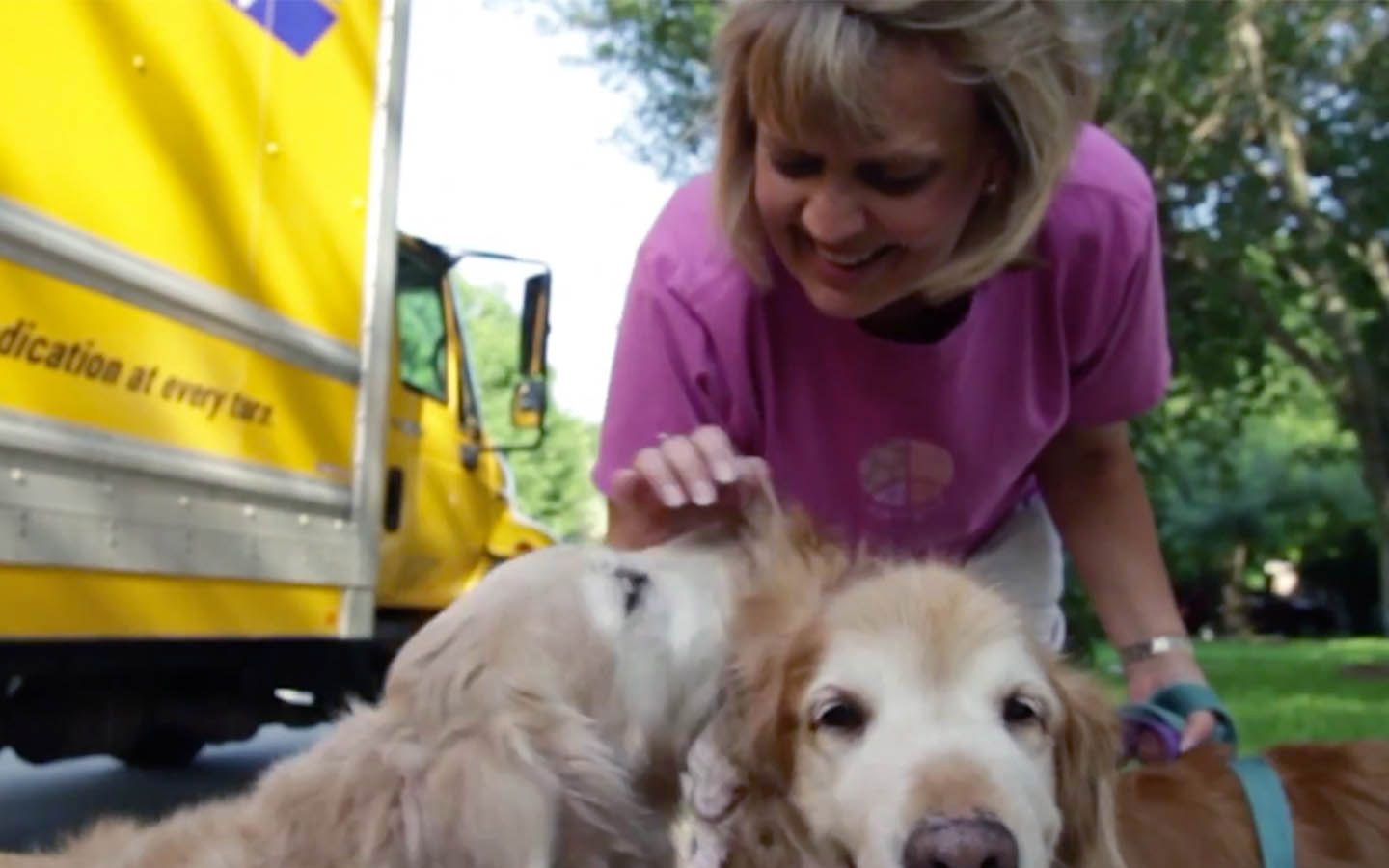Recovery from cochlear implant surgery
After surgery, you will spend time recovering before your sound processor can be switched on. Learn what to expect.

What you'll find on this page
- An overview of what to expect before and after surgery.
- Tips for your recovery.
Preparing yourself for surgery
Making the decision to have surgery can be difficult. It's normal to feel apprehensive, but you're not alone.
Surgeons have performed Cochlear™ hearing implant procedures for almost 40 years. During that time, Cochlear has provided more than 600,000 implantable hearing devices worldwide.
Confidence will come from understanding what to expect after surgery and how to care for yourself or your loved one during recovery.
"The surgery went really well. I was back to work after a few days. I felt really good."
- Deb, Cochlear™ Nucleus® System recipient
After your procedure
After cochlear implant surgery, your head will be wrapped in a bandage to protect the incision.
You will likely have a bandage after surgery for a day or two. You will be given instructions on how to care for the implant site after the bandage is removed.
When the bandage is removed, there may be some swelling around the incision. Once it heals and the swelling disappears, you may have a slightly raised bump where surgeons have placed the implant. This area is typically covered by hair.
Now is the time to rest and get ready for your switch-on appointment.
How to care for yourself or your loved one at home
Recovering will take time. The support of your family is important as you prepare for life with your new hearing.
Your doctor will let you know when to remove the bandage, usually a few days after surgery.
If you were using two hearing aids prior to surgery, your surgeon may recommend that you continue to use your hearing aid on your non-implanted ear.
Tips to help you recover
- Follow your doctor's instructions and take medication as directed.
- Arrange for someone to take you home from hospital as you won't be able to drive.
- Ask your doctor when you'll be able to drive.
- Ask a friend or family member to help you for a day after your surgery so you can recuperate.
- Ask your doctor about when you are able to shower and wash your hair again.
- Your doctor will advise when to remove the bandage.
- Keep water out of your ear until your doctor says it's OK.
- Eat a healthy diet and drink lots of water to promote healing.
How long does it take to recover?
Your surgeon will want the incision to heal before your cochlear implant system is switched-on (activated). This healing typically takes about two weeks, but can be as long as six weeks.
Many people are back to their routine within a few days after surgery. However, you may want to give yourself at least a week to recover and adapt before returning to work and normal activities.
Talk to your doctor about what activities are safe for you. Most doctors advise against lifting even moderately heavy weights for a time after surgery.

Disclaimer
Please seek advice from your health professional about treatments for hearing loss. Outcomes may vary, and your health professional will advise you about the factors which could affect your outcome. Always follow the directions for use. Not all products are available in all countries. Please contact your local Cochlear representative for product information.
For a full list of Cochlear’s trademarks, please visit our Terms of Use page.
*1 Views expressed are those of the individual. Consult your health professional to determine if you are a candidate for Cochlear technology.







